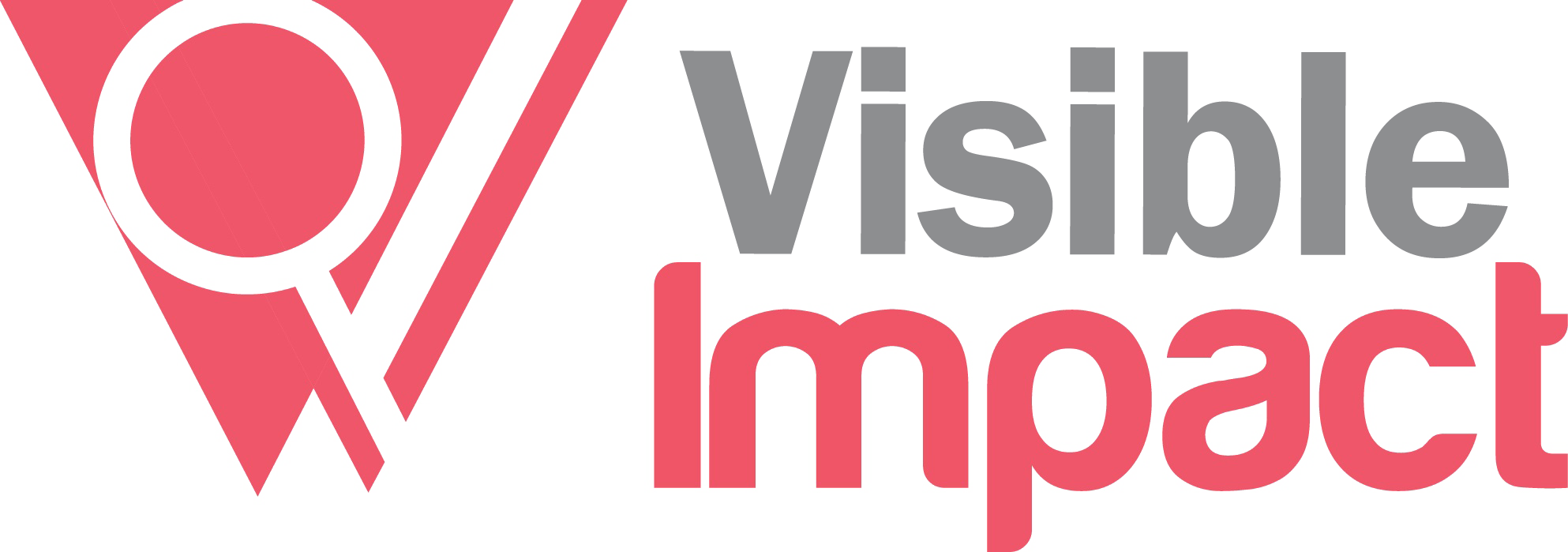"Tax Free Period"

Menstruation is a natural biological process in which people having uterus shed the inner lining of the uterus in a cycle of an average of 28 days if the released ovum doesn’t fertilize with sperm and implants itself on the uterus to develop a fetus. Menstruating individuals (MIs) can be girls, women, and other non-binary people with the uterus (trans men). Though the period is a normal biological process, menstrual stigmas have been followed for very long in Nepal due to misinformation, cultural and religious beliefs. MIs have been facing different kinds of discriminations varying according to places; somewhere it is in the form of Chhaupadi while somewhere in the form of restrictions or untouchability. Food taboos are also so prevalent that MIs are not allowed to even have milk, meat, fruits that are rich in iron (help in iron absorption); resulting in 41% of 15-49 age women being anemic (NDHS 2016).
Every menstruator has their own different experiences of period. They may differ in rate of blood flow, days they have period, cramps and discomfort they face, or the menstrual products they use but there is one thing common for every MI i.e paying 13% tax on menstrual products. The Government of Nepal has been imposing a 13% VAT and customs tax on menstrual products like pads, tampons, and menstrual cups making it more costly. According to the VAT act of Nepal, VAT exempted goods and services are included in Schedule 1. This consists of basic needs along with educational and medical needs. But period products are not included in this schedule and VAT is imposed on these products. Most of these products are imported from India which adds custom tax too and are advertised paying a large amount of money; money which indirectly goes from the pocket of the consumer making it expensive and unaffordable. So, in Nepal, the period is not only blood and discomfort, it is also shame, stigma, and TAX.
Now some of you may say there is a tax on most products and wonder why taxing on a period product is an issue. Here I have discussed why taxing on a menstrual product is a big issue and should be stopped:
With millions of MIs using these products to manage the period, it is important to understand that products used during periods like pads, tampons, and menstrual cups are necessary goods, not luxury goods to impose taxes. As we are slowly realizing period as a natural biological process that one with a uterus has to undergo cyclically every month, we are unable to acknowledge the fact that managing the period blood, discomfort, and keeping reproductive organs healthy is a necessity. Good menstrual products are not just for managing the period blood but also for keeping the reproductive organs healthy. It is a must to use hygienic products, change them frequently and it is only possible when the products are accessible and affordable.
Taxation on period products has also a huge role in elevating period poverty in Nepal. In simple terms, period poverty is the condition of not being able to afford suitable period products of one’s choice due to poor financial status. It has been recognized as a global challenge affecting all the MIs and Nepal, with menstrual taboos and a poor economy, is no exception. Nepal is a developing country with women forming more than half of the total population. Many women still are not involved in income-generating activities and non-binary menstruator are also facing a different struggle in society. This problem has heightened even more during this pandemic as many people have lost their income-generating resources. In this difficult and emergency situation, the extra burden of taxation on period products is definitely not appreciated. For school-going students, the Government of Nepal has launched the Menstrual Health Management programs in schools, providing free pads to students along with education on this topic which is very appreciable. But due to the ongoing pandemic and lockdown of schools, students have lost that access too. Removing tax can make pads and other products much affordable and makes it easier to manage periods in healthy and pocket friendly to all the MIs. With this increasing challenge of period poverty, removing tax along with a focus on the use of reusable and sustainable period products will be a great initiative to reduce period poverty in Nepal.
Accessibility and affordability of period products have been recognized as the indicator of attainment of menstrual health. Menstrual health is defined as, complete state of physical, mental, and social well-being and not merely the absence of disease or infirmity, in relation to the menstrual cycle. Out of many other things, achieving menstrual health also implies that “people who experience menstrual cycle are able to care of their bodies during menstruation such that their preferences, comfort, privacy, and safety. This includes accessing and using effective and affordable menstrual materials and having supportive facilities and services including materials and cleaning and/or disposing of used materials.” In Nepal, depending on the type of product one is using i.e. cotton pad, gel pad, cloth pad; it can cost from NPR 40 to 150 or even more per packet and 2 packets are needed in one cycle. It is suggested to change pad every 4-6 hrs and tampons every 2-3 hrs to be safe from infections and risky conditions like toxic shock syndrome. But due to expensive period products, some MIs may have to extend the time of using pads or even have to use unsafe period products like dirty clothes exposing their own to urogenital diseases like UTI . Many of us are risking our reproductive health to make the period fit on a budget.
Sanjay Wijesekera, the former UNICEF chief of water, sanitation, and hygiene has said that “Meeting the hygiene needs of all adolescent girls is a fundamental issue of human rights, dignity, and public health.” Article 16 of Fundamental Rights and duties of the constitution of Nepal 2015 ensures a dignified life for every citizen. This also definitely includes dignified life during the period. Similarly, the safe motherhood and reproductive health right act under chapter2, section 3(1) ensures the right for every woman and teenager to obtain an education, information, counseling, and service relating to sexual and reproductive health. While menstrual health is also an important part of reproductive health, it is the responsibility of the government to make a suitable environment for accessing safe menstrual products. For this, a stigma-free period is a must along with access to a period hygiene products of one’s choice.
Enforcing taxes on period products ignoring the status of MIs and the importance of a healthy period hinders the right to obtain services that are necessary to be sexually and reproductively healthy and is not acceptable. While young people are continuously advocating for tax-free periods, the government has been ignoring this for so long. The government should enlist menstrual products in schedule 1 of the VAT act and remove the taxation. In conclusion, its the right of every MIs to have stigma-free, tax-free dignified menstruation and it is the responsibility of the government to ensure policies to make the menstrual friendly environment and bring menstrual equity.
References:
Remove the ‘luxury tax’ to overcome period poverty in Nepal (kathmandupost.com)
Period Poverty: Everything You Need to Know (globalcitizen.org)
Constitution of Nepal 2015
Value-added tax act,2052
